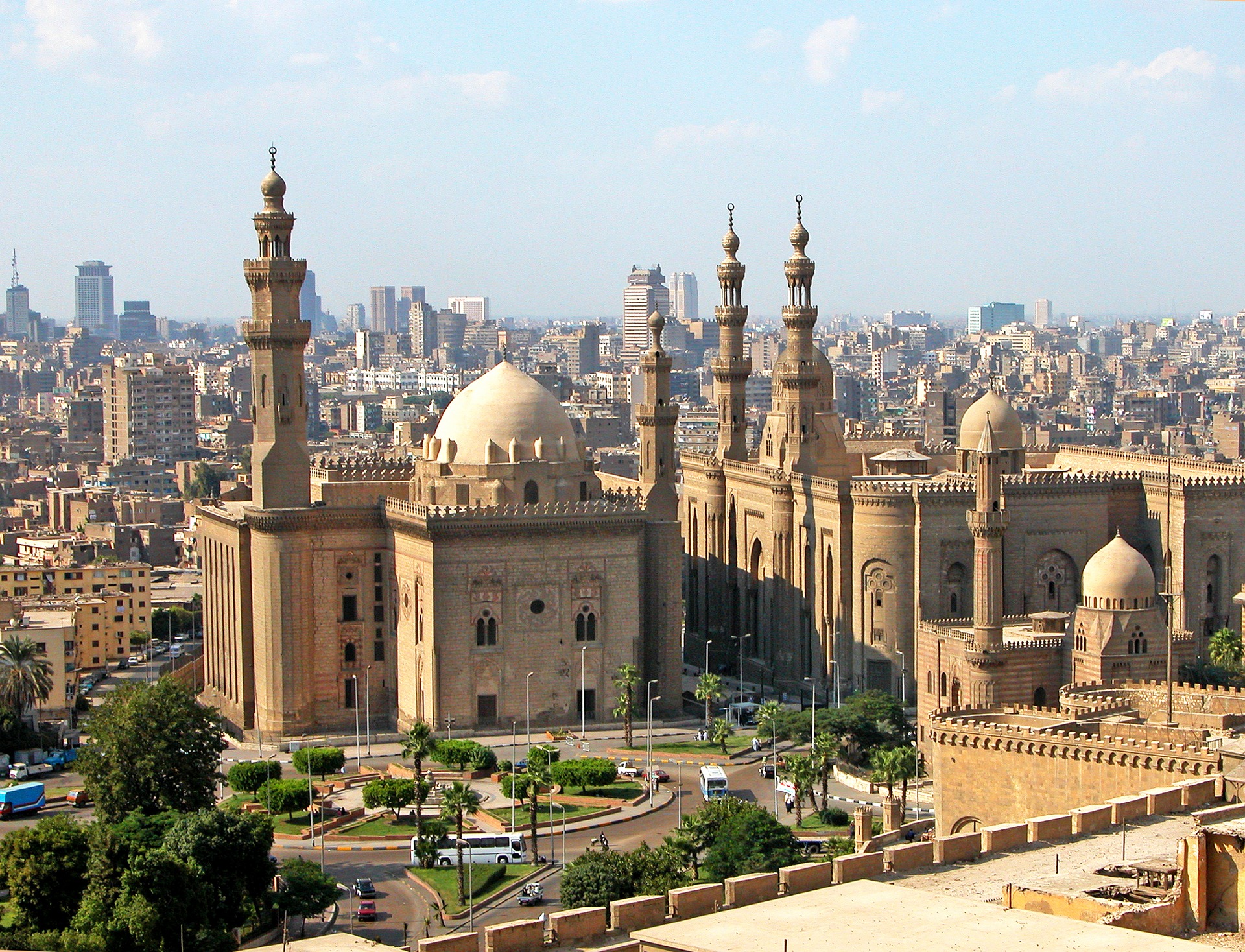Urgent trial for six Egyptian antiquities officials over Mosque intrusion scandal

Six Egyptian antiquities officials are facing an urgent trial after being implicated in a scandal involving the illegal encroachment into the sanctuary of an ancient mosque in the Darb al-Ahmar district of Cairo.
The officials, both current and former members of the Supreme Council of Antiquities, are accused of fabricating reports that enabled the unlawful occupation of the sacred space.
The case revolves around the historic “Saeed Jaqmaq” mosque, which has been a key archaeological site in the area.
The investigation revealed that the accused, including the former Director General of Coptic Antiquities and the former Director of the Property Registration Department, prepared falsified reports about a commercial shop located within the mosque’s sanctuary.
These doctored reports falsely stated that the shop had been constructed before the mosque’s protective boundaries were extended to include the corridor in which the shop is located.
This misinformation allowed the shop’s owner to legally challenge the removal of the establishment, effectively preventing the enforcement of regulations designed to preserve the site.
Further investigation uncovered that one of the primary accused officials incorrectly documented the shop’s construction timeline without conducting necessary tests, such as analyzing the building’s materials to determine its true age.
Additionally, the other officials, in collaboration with two members of the legal department, submitted fabricated documents to suggest the shop had been operational prior to the issuance of a government order to protect the archaeological site.
This fraudulent documentation enabled the shop owner to seize a portion of the mosque’s corridor, leading to a public complaint that triggered the investigation.
The Egyptian Public Prosecutor has ordered criminal charges against all six officials, including a former civil servant and the shop owner, emphasizing that this case represents a significant violation of Egypt’s cultural heritage.
The trial underscores the importance of safeguarding the nation’s archaeological treasures, with authorities stressing the need for accountability and stronger protections for such invaluable historical sites.
About The Author
dailymailafric
I am an avid African news observer, and an active member of Daily Mail Africa.
I’m Passionate about staying informed on diverse topics across the continent,
I actively contribute to publishing on political, economic and cultural developments in Africa.



